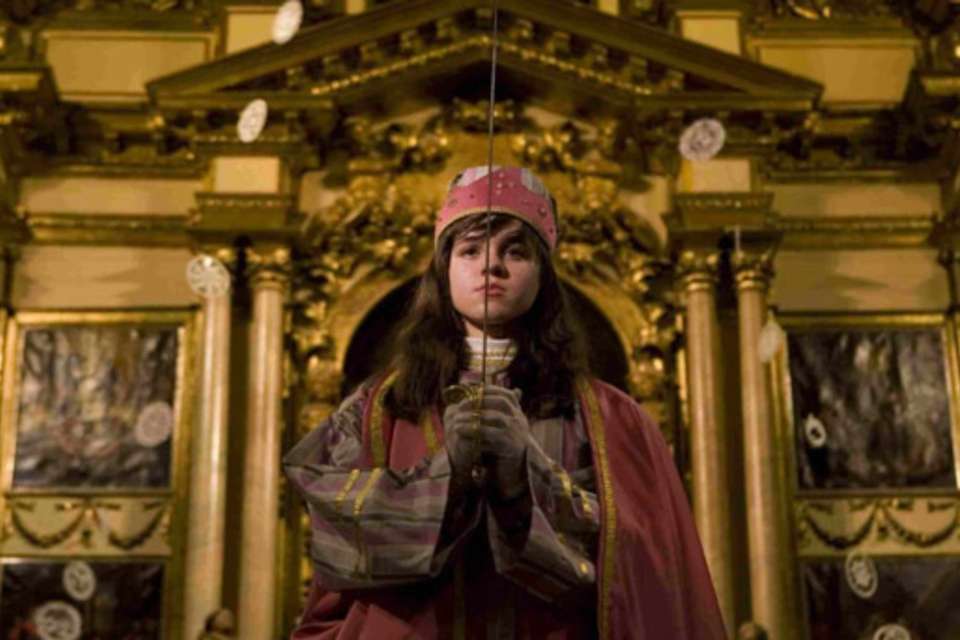
Live a Mallorcan Christmas Eve
Every family has its own Christmas traditions, some shared with an entire town, autonomous community, or country. In Mallorca, communities cherish their customs, and young and old alike revel in them, especially on Christmas Eve.
Mallorcan Christmas Customs and Traditions
One deeply rooted yet lesser-known tradition in Mallorca is that of almond milk. It's not a modern vegan trend—though it aligns with it—nor is it the sweet almond paste found in supermarket jars.
The 'llet d’ametlla' (almond milk) on Christmas Eve is particularly typical in the town of Santa María, where the Minim friars popularized it in the late 17th century.
The Minim friars, adhering to abstinence and a vegetarian lifestyle, began producing almond milk for their own consumption. Days before Christmas, the friars opened their mill to the residents of Santa María and nearby villages, allowing them to grind their raw almonds and obtain the raw material for this beverage.
Almond milk is a straightforward drink, prepared by boiling the liquid generated from grinding almonds with sugar, lemon, and cinnamon. It was traditionally consumed after the midnight Mass, served hot and accompanied by Christmas pastries.
And one gastronomic tradition leads to another: Christmas pastries, known as 'cocas de Navidad,' are widespread in Mallorcan towns and are also enjoyed on Christmas Eve, usually paired with a cup of hot chocolate.
They should not be confused with potato cocas, as basically... they do not contain potato in the dough. They are made with eggs, sugar, lard, strong flour, yeast, and anise seeds, which give them their distinctive flavor that many have associated with Christmas Eve in Mallorca for years.
Midnight Mass and 'La Sibila'
These are central to Christmas celebrations. The midnight Mass, celebrated on December 24th, used to take place at midnight, hence the need for a snack afterward, like almond milk with Christmas pastries.
Modern times and the need to be home earlier have led many parishes to celebrate it at less unearthly hours.
The Mallorcan midnight Mass wouldn't be complete without the singing of 'La Sibila,' declared Intangible Cultural Heritage of Humanity by UNESCO in 2010.
The 'Sibila' song is one of the oldest Christmas traditions, revolving around the theme of the Final Judgment—a poem originating from the classical world that began to be sung with Gregorian melody across Europe during the Middle Ages.
During the Counter-Reformation era, the Council of Trent (16th century) prohibited it, deeming it unsuitable for religious celebrations. Letters were sent across Europe announcing that it could no longer be sung, especially during Christmas Eve Mass. However, two letters, as some experts recount, never reached their destination: one from Alghero and the other from Mallorca. As a result, in both places, 'La Sibila' continued to be sung to the present day.
A stroke of good fortune, as otherwise, this Christmas Eve tradition might have faded into oblivion.
Christmas Eve and Christmas bring a plethora of gastronomic traditions and customs. Are you familiar with them? We invite you to explore them in this post.
